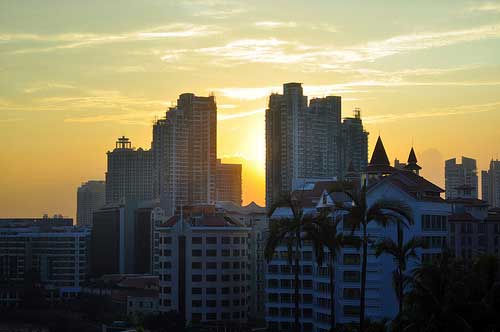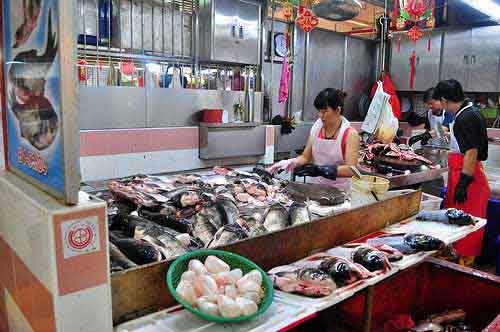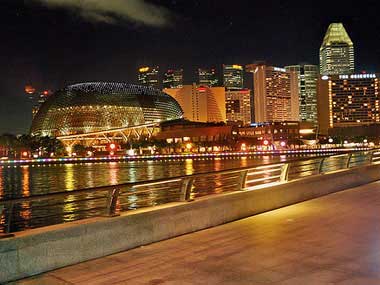Wealthy expats favour Singapore as the best place to live
Singapore has arisen as the top place to work and live in for prosperous expatriates, as a new survey by HSBC Bank shows.
Expats surveyed ranked Singapore number one place to live in among 30 countries. The classifying criteria were grounded on economic factors such as earning power, ability to accumulate luxuries and disposable income. The island city is followed by Thailand and Cayman Islands.
To illustrate, the disposable income of 44% of the respondents had increased an impressive 50% or more after they had moved to Singapore, as reported by the HSBC survey which polled more than 5,000 expats from 100 countries.
The study also found that more than half of the expats (54%) in the city-state earns over US$200,000 (S$246,000) per year.
Furthermore, around 76% of the expats living in Singapore stated they have a better quality of life after having relocated in the country. In essence, Singapore was ranked highly for its quality of life, being granted second place in Asia and fourth among all of the countries studied. The city-state was especially praised for its safe environment in which to bring up children.
Paul Arrowsmith, Head of Retail Banking and Wealth Management at HSBC Singapore, said the report showed that Singapore "is fast becoming an all-around expat destination for career progression, financial rewards and quality of life".
Nonetheless, the study also brought to the fore man alarming tendency of expats not integrating properly in the country. A minority of 19% said they have integrated well into the local community, at the time 41% prefer to socialise with other expats rather than locals.




